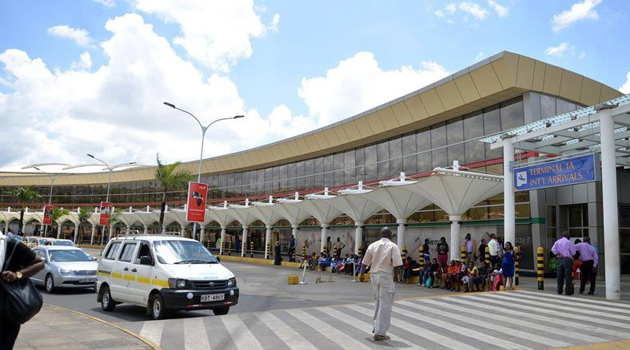
Kenya enhances border surveillance to curb viral infections » Capital News
NAIROBI, Kenya, Feb 14 – The government has intensified disease surveillance at border points to curb the spread of Mpox, Marburg, and Ebola, Public Health Principal Secretary Mary Muthoni has announced.
Speaking after a meeting with the Border Management Committee at Jomo Kenyatta International Airport (JKIA), Muthoni reaffirmed the government’s commitment to strengthening surveillance and response mechanisms against potential health threats.
“Kenya remains committed to protecting public health through proactive surveillance and emergency preparedness,” she said.
“By working closely with global partners, we are enhancing our capacity to detect and respond to disease threats at our borders,” she added.
With Kenya currently facing an Mpox threat with neighboring countries like Uganda and Tanzania reporting cases of Marburg and Ebola, authorities have reinforced border screening, enhanced rapid response mechanisms, and launched public awareness campaigns to mitigate the risk of disease importation.
As part of these measures, Terminal 1A, Gate 16 at JKIA has been designated as the sole entry point for travelers from Uganda and Tanzania, allowing for stringent health checks and monitoring.
Additionally, a multi-agency strategy is being implemented to operationalize the Kenya Emergency Preparedness and Response Plan across all points of entry.
Last month, the Ministry of Health reported a total of 33 Mpox cases across 12 counties.
Mpox, caused by a virus in the same family as smallpox, is characterized by high fever and skin lesions known as vesicles. In 2022, outbreaks occurred in more than 70 countries worldwide.
Last year, the World Health Organization (WHO) declared the disease a public health emergency of international concern.